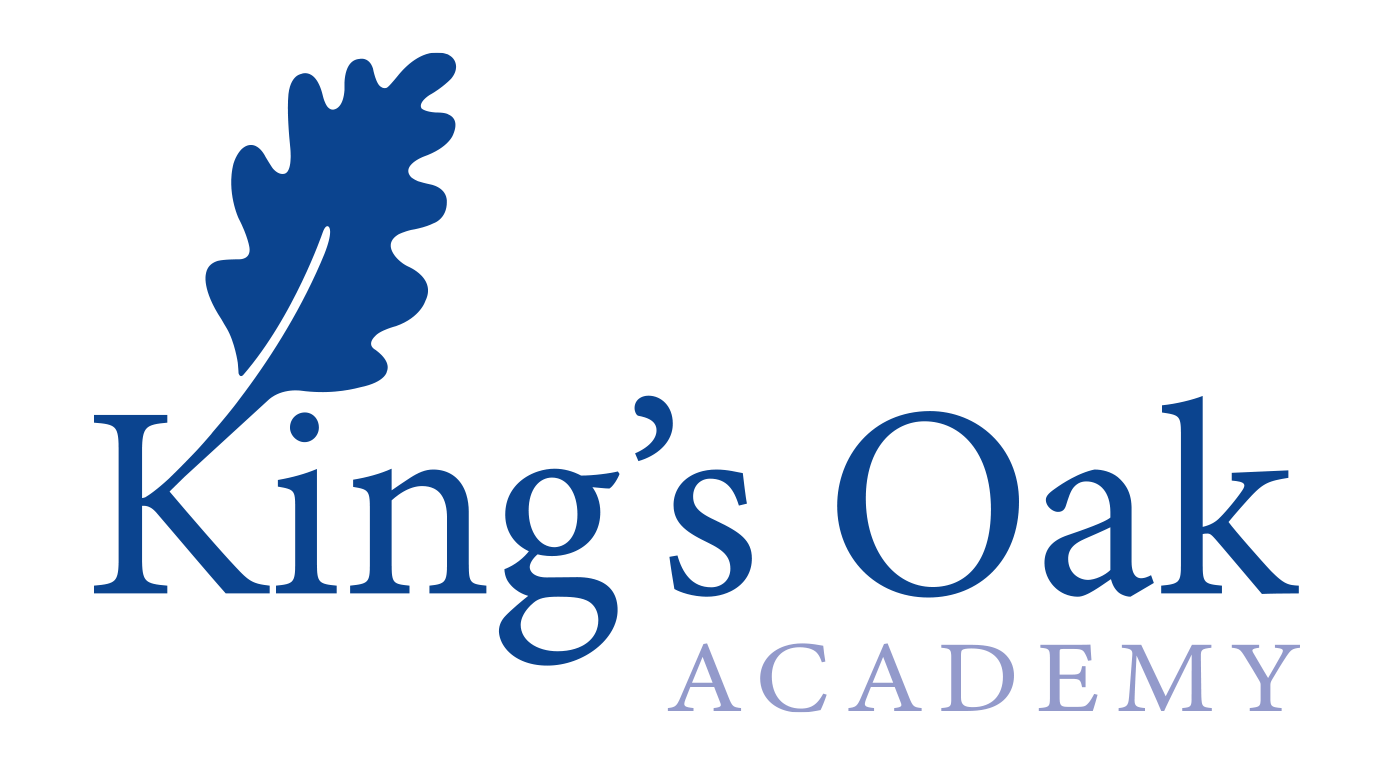Lower School Curriculum
The learners in the Acorn will be independent and resilient; carrying on even when learning seems too challenging. They will challenge themselves and understand the whole learning journey rather than individual parts of the bigger picture. It is through what we teach, together with how we teach, that we deliver on our ambition for all our children.
The main vehicle for learning is through our Key Questions which incorporate different areas of the curriculum. School adults challenge learners to seek answers to questions that intuitively create opportunities to refine knowledge and skills in different states of being, for example: authors, mathematicians, technologists, artists…. This active rather than passive learning ensures greater involvement and creates links with prior and future learning. Key experiences, which are purposeful and wide ranging, will enrich our curriculum and help children make links between their learning now and the wider world. How would you know that you want to be the next Mozart if you’ve never played an instrument? Such experiences will be at the heart of each unit of cross curricular ‘topic’ work. Our topics will be carefully chosen to help children understand themselves, the world we live in, our place in it and the connections that join us. We also celebrate the diversity of our community, learning about and from, the mix of cultures and traditions we are part of in multi-cultural Britain today.
Our key question topics will have 4 phases. The first is: inspire and enquire – children take part in a WOW activity which sparks their interest and imagination, therefore encouraging questions and investigations. The children will be introduced to the main, key question at this stage. Then children explore smaller key questions which will all build up to help them answer the key question. These questions allow children to explore and experience using different kinds of research and skills depending on the level of development of the child as well as building up the necessary knowledge. Thirdly, the children apply their skills and understanding in a challenge where they will answer the key question. Children may be given guidance on how to do this but will have choice over how they express their answer. Finally, they evaluate their learning, thinking about key learning skills that they have developed and how they can improve in their next topic.

